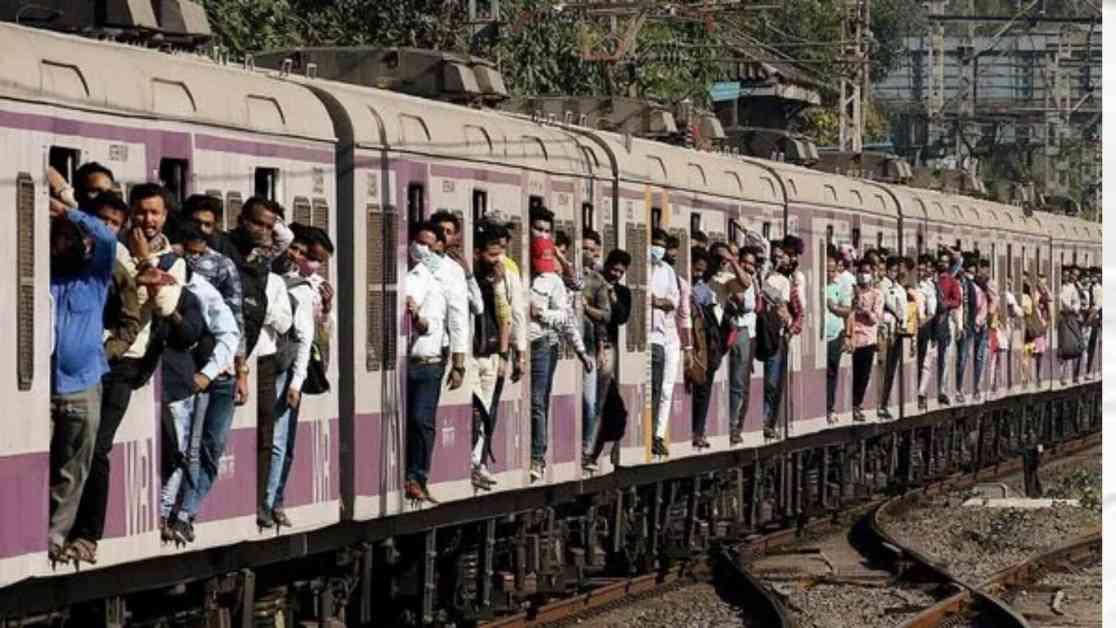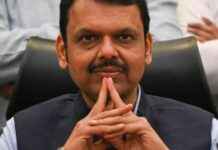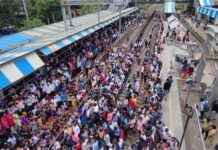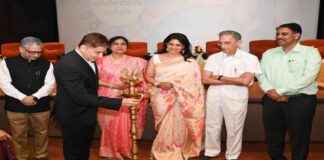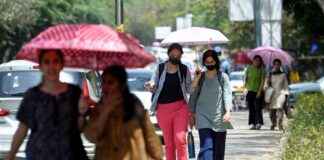A recent social media post by a diabetologist, Dr. Rahul Baxi, has sparked a conversation about the toll that Mumbai’s lifestyle takes on its residents, particularly those struggling with chronic health conditions. Dr. Baxi shared the story of a diabetic patient whose uncontrolled condition was exacerbated by the grueling daily commute he endured. The patient, who resides in Vasai and works in a bank at Sion, spends over 15 hours a day commuting to and from work, leaving little time for rest and self-care.
In his post, Dr. Baxi expressed his initial intention to advise the patient to prioritize getting 7-8 hours of sleep to better manage his diabetes. However, upon realizing the patient’s demanding schedule that allowed for only 8.5 hours at home, including time spent with family, Dr. Baxi acknowledged the impracticality of such advice. This poignant anecdote shed light on the harsh realities faced by many individuals living and working in Mumbai, where long commutes and demanding work schedules can significantly impact health and well-being.
The doctor’s post resonated with a wide audience, prompting many to share their own experiences and perspectives on life in the bustling city. Comments poured in from individuals who could relate to the challenges of navigating Mumbai’s frenetic pace and high cost of living. One user lamented, “Life in Mumbai is brutal. It is a place everyone should live once but only as a bachelor. Unless you have parents who bought a flat in South Mumbai or in Bandra/Andheri, leave Mumbai before you get married.” This sentiment captured the sentiment of many who find themselves grappling with the city’s demands on a daily basis.
Another individual recounted their personal struggle while living in Ghatkopar at the start of their career, emphasizing the tough realities faced by regular working people. The individual admitted, “I stayed in Ghatkopar for a month at the start of my career… life is tough for regular people. I said no way I am here anymore.” These firsthand accounts underscored the challenges of balancing work, health, and personal well-being in a city known for its fast-paced lifestyle and relentless energy.
Furthermore, the issue of affordability and housing scarcity in Mumbai was brought to the forefront, with one individual sharing their experience of sharing a 2BHK apartment with four friends in Powai. The individual revealed, “I shared a 2BHK with 4 other friends in Powai. Office was in Powai, and I would leave Powai only when it was absolutely required. It was my island with restricted border control. The rent back in 2011 was 55K a month.” This depiction of the sacrifices made to afford living in Mumbai highlighted the financial strains faced by many residents in pursuit of their career aspirations.
In conclusion, Dr. Baxi’s poignant portrayal of his diabetic patient’s daily struggles in Mumbai has sparked a vital conversation about the city’s impact on residents’ quality of life. Through personal anecdotes and shared experiences, individuals have shed light on the multifaceted challenges of living and working in a metropolis that demands resilience, adaptability, and sacrifice. As the discourse continues, it is essential to consider the implications of urban living on health, well-being, and overall quality of life for individuals navigating the complexities of modern city life.
